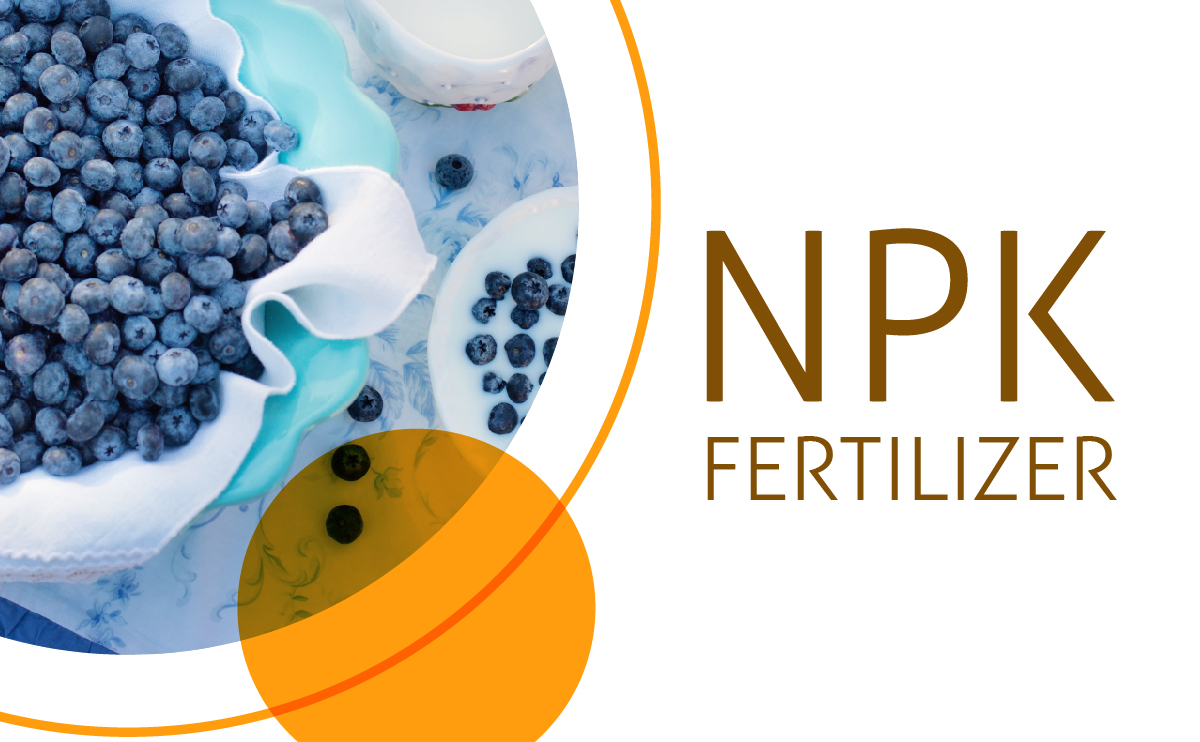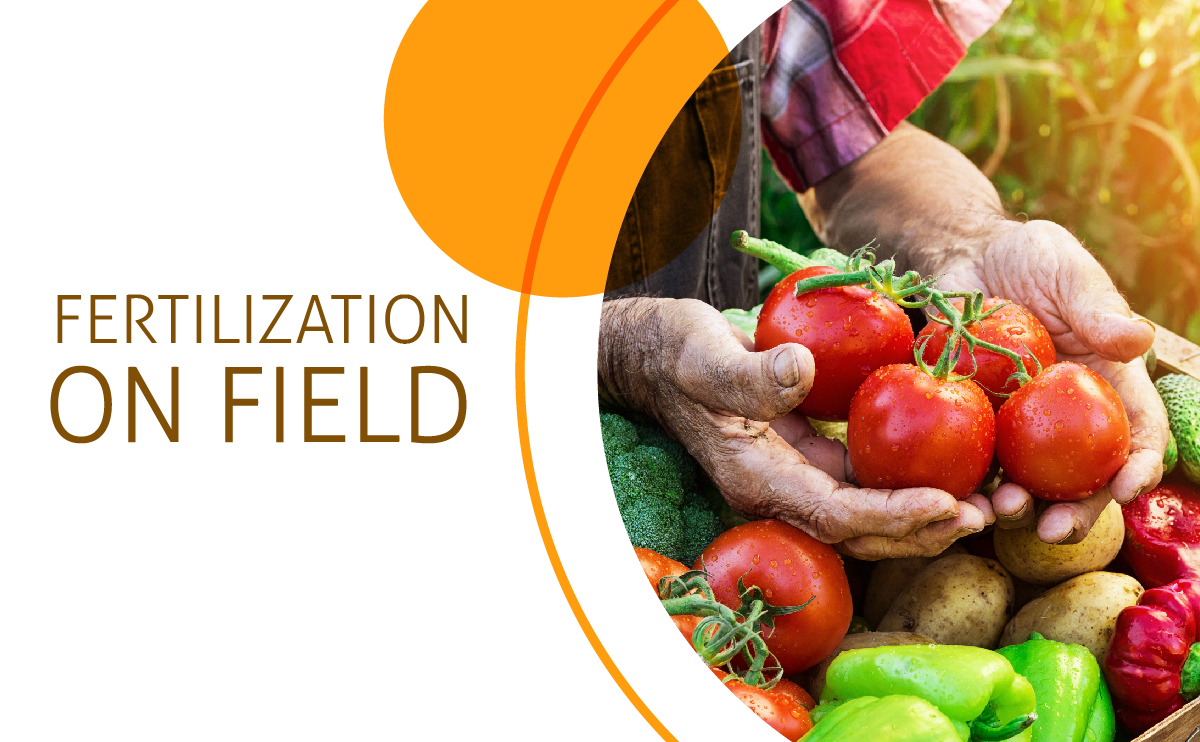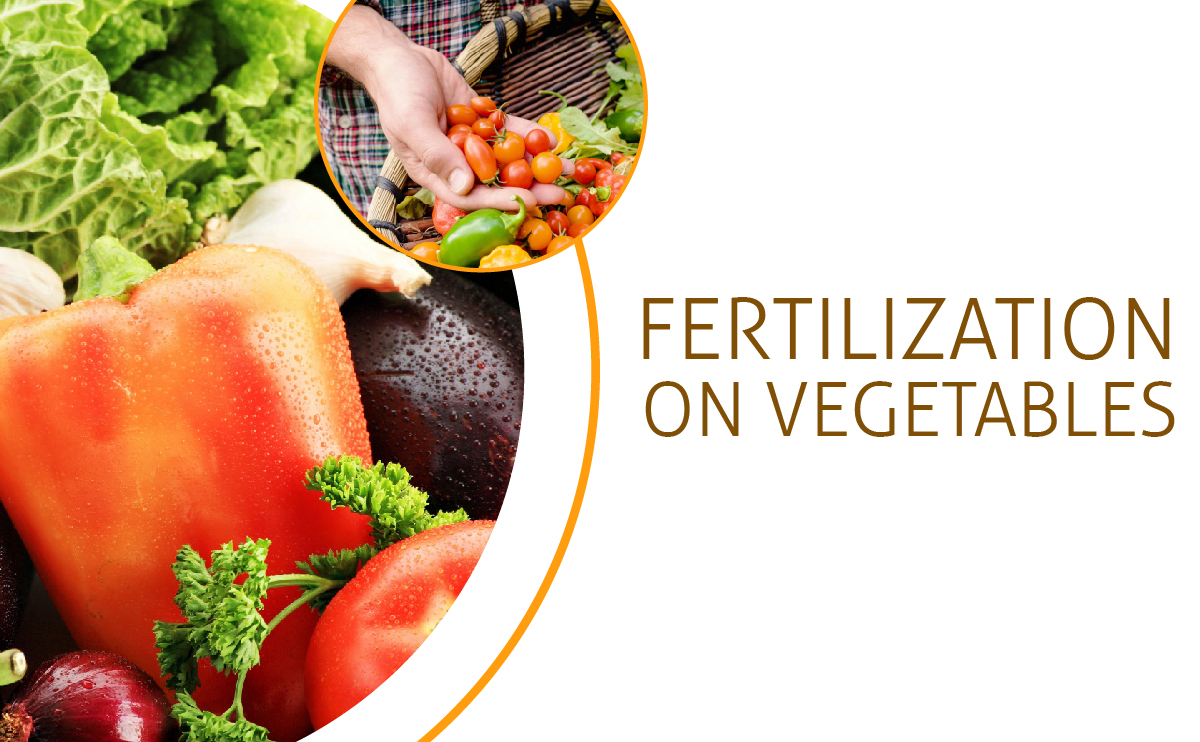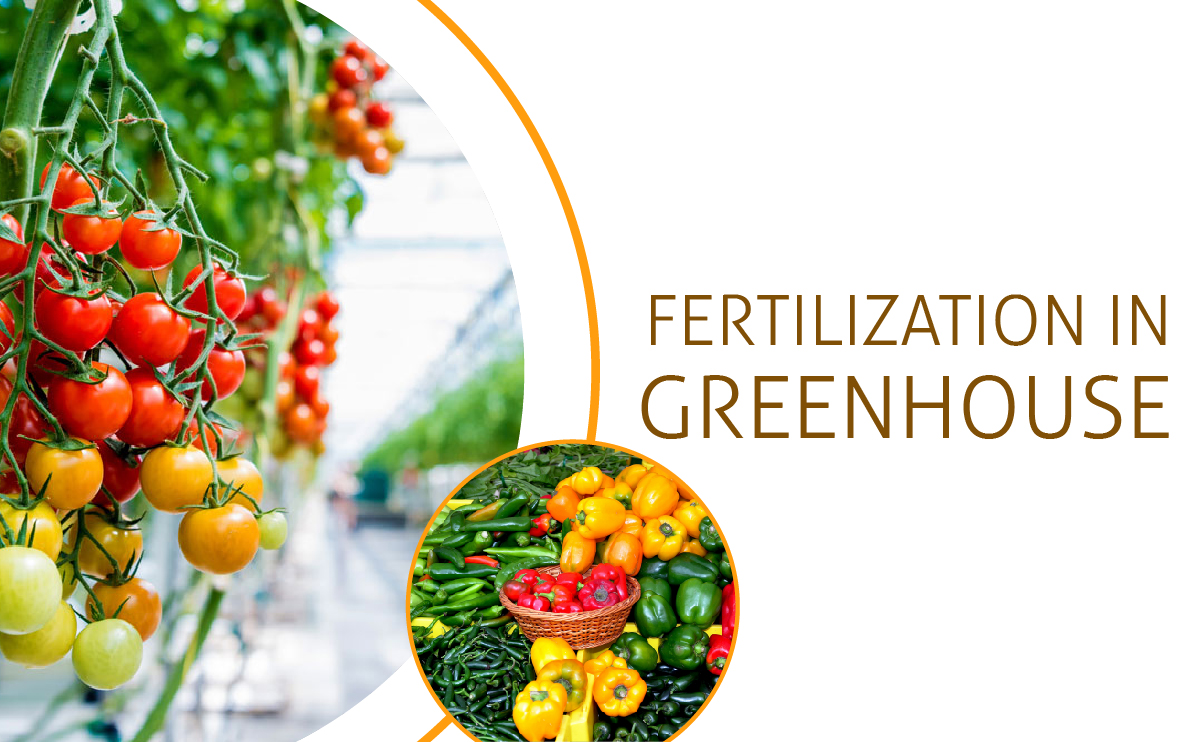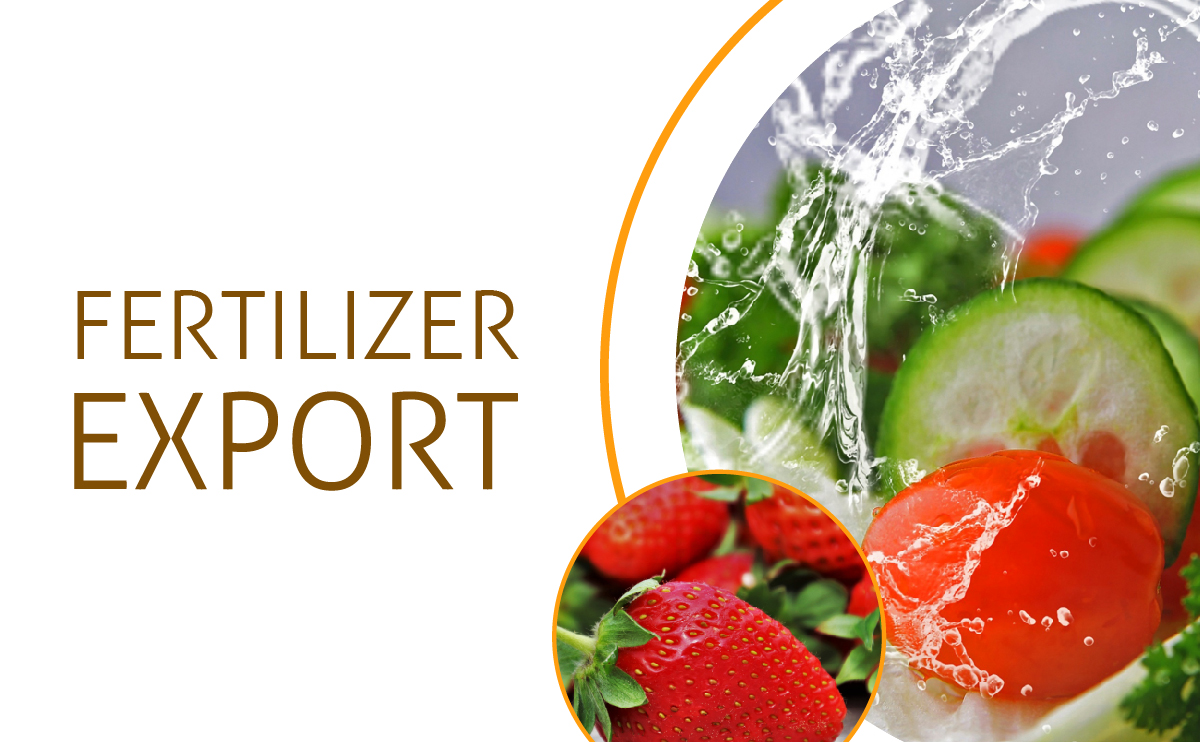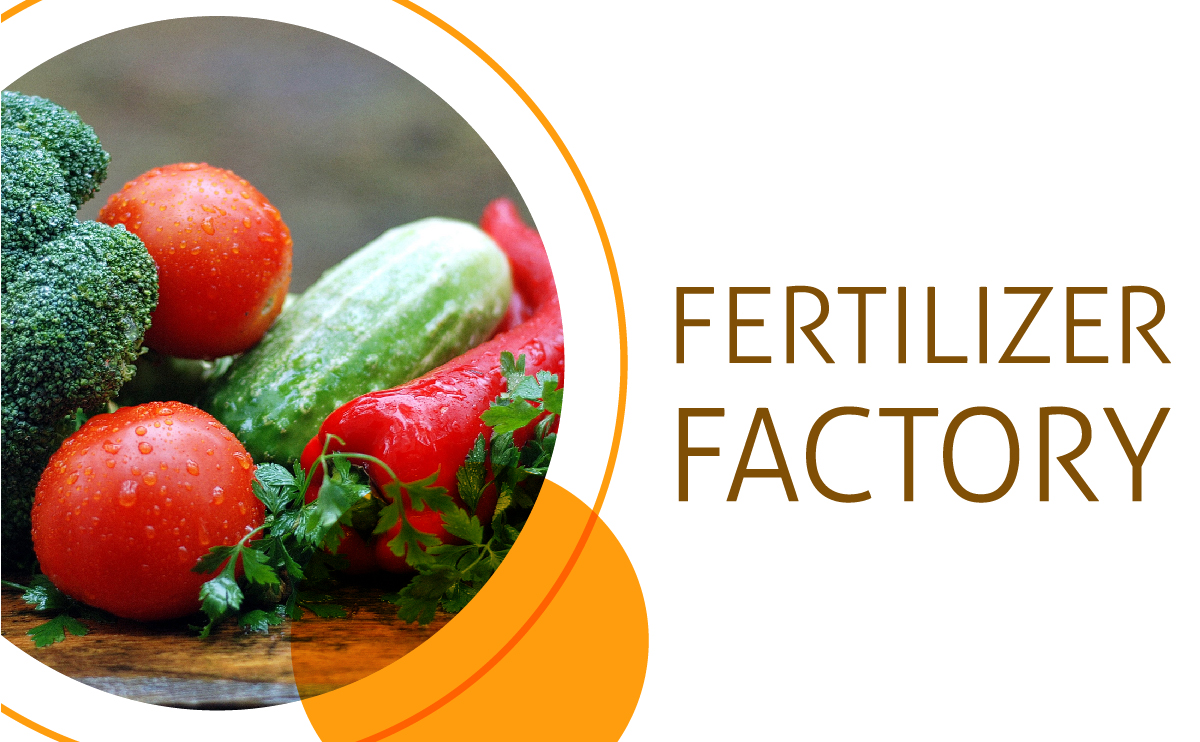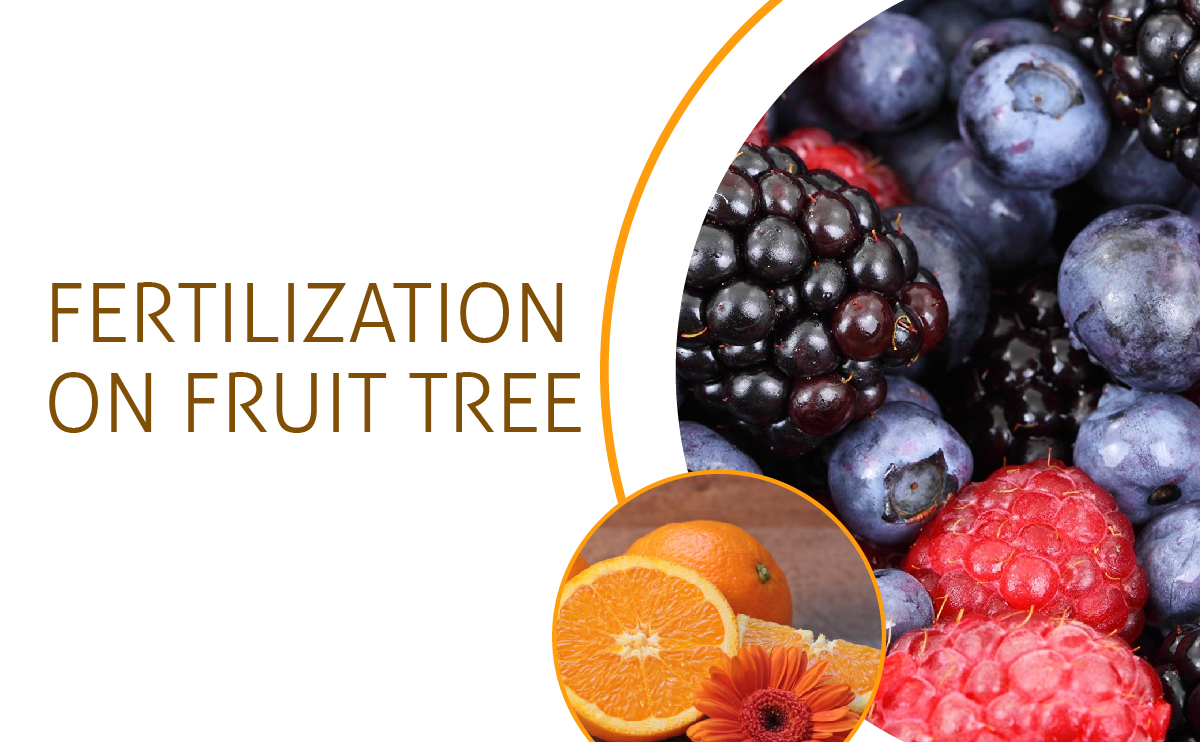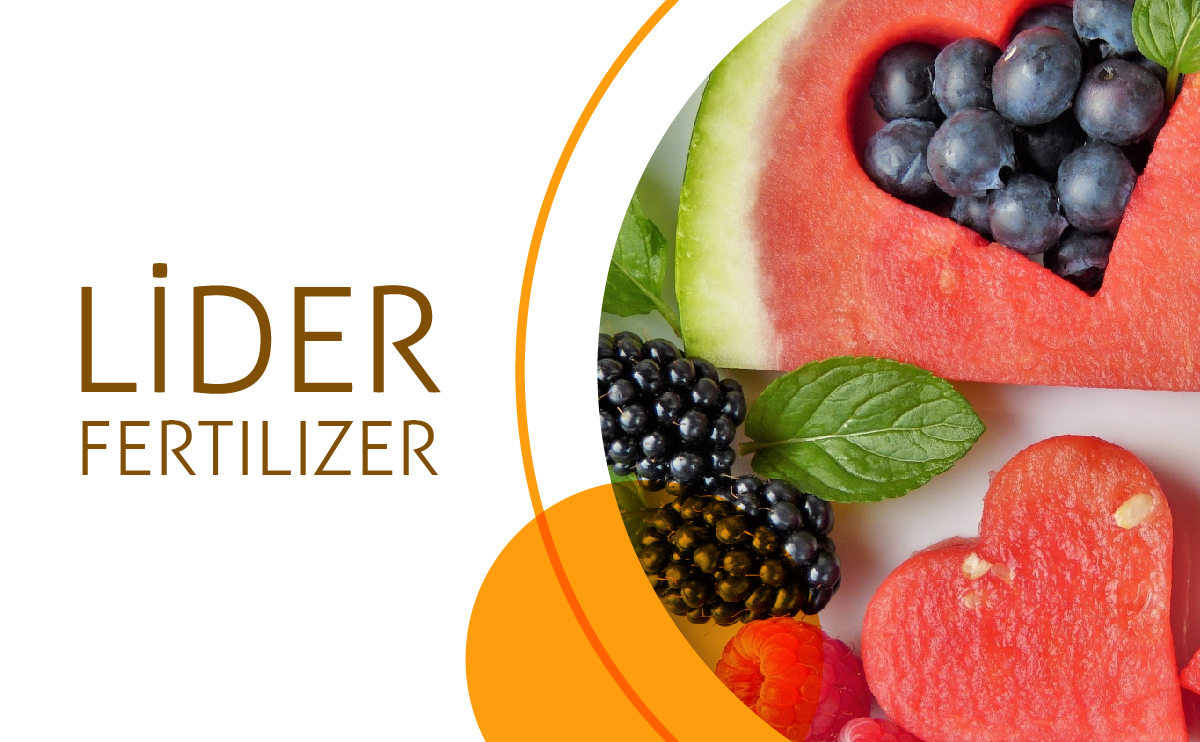What is NPK Fertilizer?
NPK fertilizers contain essential nutrients for the proper growth of plants. Thanks to the nitrogen, phosphorus and potassium it contains, NPK meets many substances needed by our farmers at once and takes its name from its abbreviations.
Nitrogen with the chemical symbol N, phosphorus with the symbol P and potassium with the symbol K are the basic elements of fertilizers. NPK fertilizer, which can be solid or liquid, is used as base fertilizer. There are many benefits to using fertilizers.
Since the fertilizer contains more than one component, it provides complex nutritional support to the plants in one go. It promises ease of storage for our farmers. Composite fertilizers, which combine basic materials, promise savings. This reduces processing effort.
What Does NPK Fertilizer Do?
As we all know, the three essential substances required for plant growth are potassium, phosphorus and nitrogen. Minerals such as iron and zinc can also be found in fertilizers. The basic NPK fertilizer is evenly distributed over the roots of the plants. Provides stable and long-lasting effects. Synthetic NPK fertilizer applied at planting or planting to promote plant growth. In soils with low nitrogen, phosphorus and potassium content
The use of NPK fertilizers is preferred. Fertilizers are applied to enrich the soil and allow plants to grow stronger. Fertilization increases the number of microorganisms in the soil.
It helps regulate the pH of the soil. With NPK fertilization, the water holding capacity of the soil increases. In this way, the irrigation efficiency increases and there is no need for frequent irrigation. The germination rate of seeds increases. It is noted that the quality and shelf life of the product have increased. To understand the use of NPK fertilizer, we must know each function of nitrogen, phosphorus and potassium in the soil.
nitrogen (N)
It plays an important role in the development of roots, stems, shoots, branches and fruits of plants. Especially during the growing period, the nitrogen requirement of the crop increases. When there is no nitrogen in the soil, plant growth slows down due to poor root development. Incomplete development; this can be understood as a result of the shrinkage of the planted leaves, falling and inability to shoot.
Phosphorus (P)
Phosphorus supports root development, supports flowering. Phosphorus supports root development, supports flowering. Phosphorus is essential for the preservation of grains and fruits. Plants deprived of phosphorus do not bloom, bloom late, and produce seeds more slowly and less often. Dark floors will weaken as they turn red and purple. Its fruit is small, its shelf life is short.
Potassium (K)
Potassium, which is necessary for the healthy green parts of plants. Potassium needs protection from pests, diseases, external factors, harsh conditions and is durable. The taste, fullness, color, aroma and shelf life of the fruit are enhanced by potassium. Potassium deficiency is seen especially in old leaves. The leaves begin to turn yellow and dry. The fruits of lagging plants are also small and deformed.

